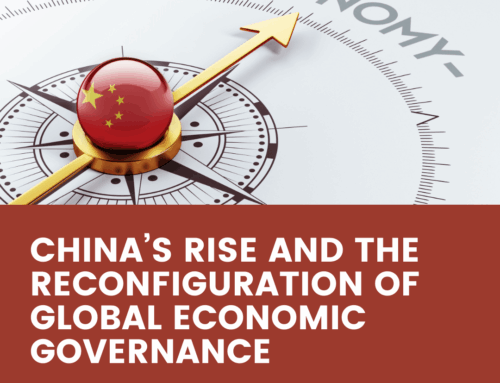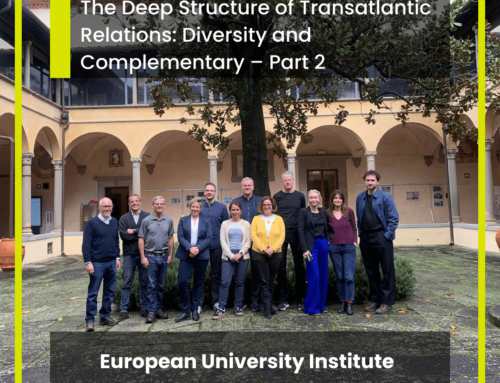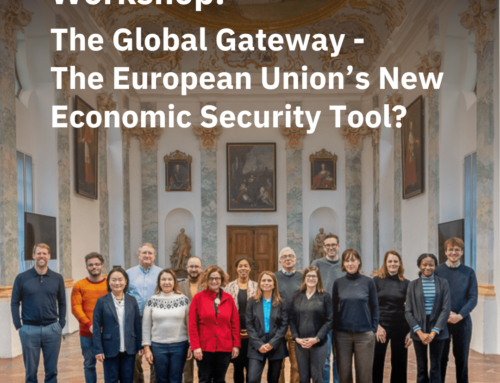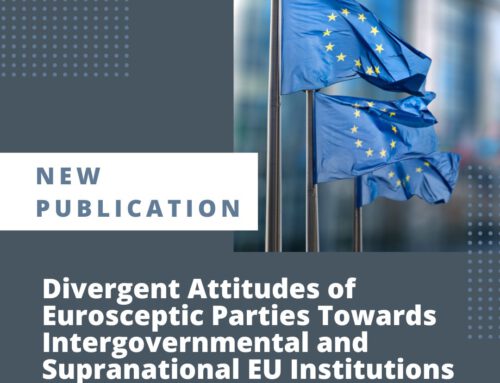China’s decades long rapid economic growth trajectory informs its structural power in international relations. This has raised considerable debate as to whether it undermines US hegemony and whether it constitutes a threat to the liberal international order. The basis of the threat is theoretically informed with realists expecting a challenge to US power, with discussions as to whether a transition of power could in any way be peaceful. Neoliberal institutionalist theory expects that institutions that comprise the international economic order will remain important even after the decline of the (US) hegemon. Constructivists seek to identify how the international system is constituted, where institutions and norms shape how states can act within a social system, with norm change requiring support across the system of states. This raises questions about the role of China in global economic governance. What kind of actor is China, a “game-changer” or a new type of leader focused on challenging the liberal international order? Against this background, this workshop grapples with how China is changing the international economic order. Bringing together specialists from a range of international organisations, we seek to probe how China’s behaviour within international organisations and negotiations is challenging or altering how the organisations operate, and hence, whether there is evidence of Chinese influence in them. This is important because questioning China’s impact in the international system is dependent on empirical verification as much as theoretical assumptions. We therefore seek to go beyond broad international relations theorizing to drill down into specific practices within international organisations. Our findings will inform broader theoretical debates within international relations, as well as contribute to mid-range theorizing about the role of states within international organisations. To that end, we seek to investigate China’s role in key organisations of global economic governance, with a particular focus on Multilateral Development Banks ranging from the World Bank and to the newer Asian Infrastructure Investment Bank, the World Trade Organisation, and the International Monetary Fund.
Workshop: https://chinaworkshop.hfp.tum.de




